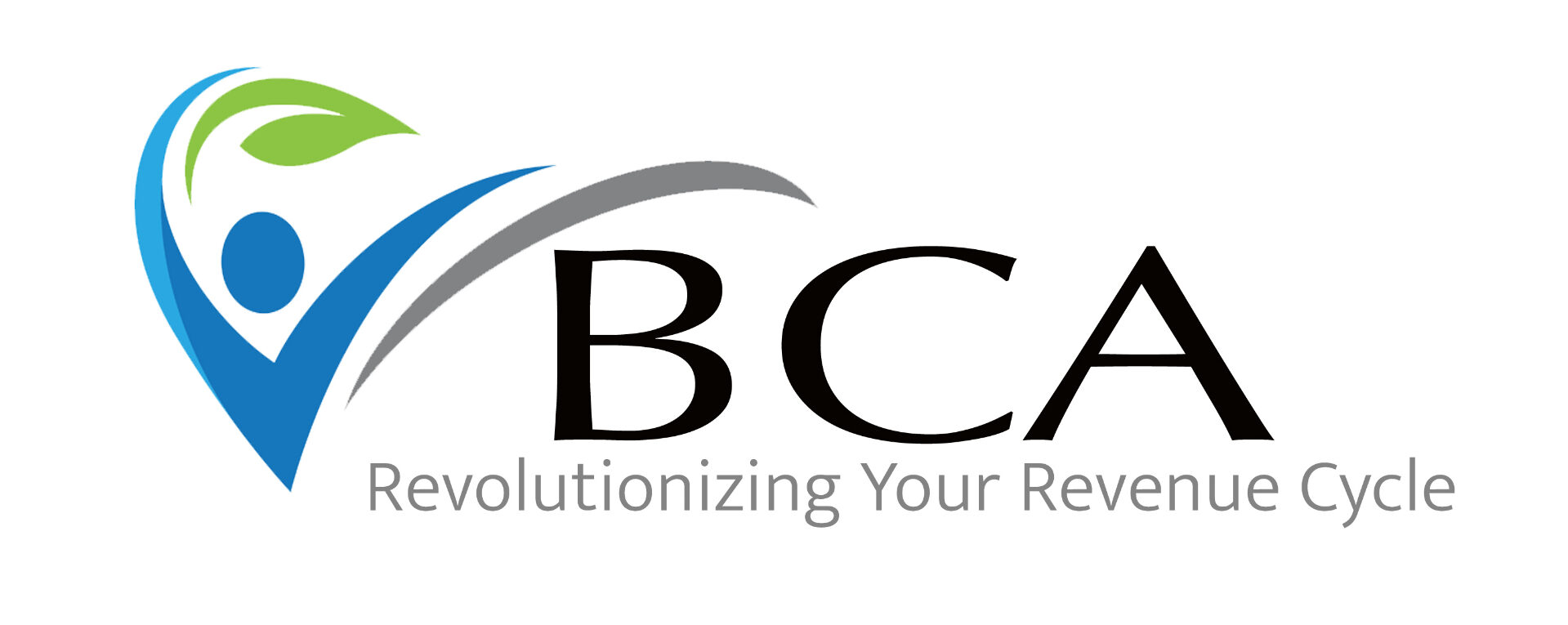In recent years, the link between social needs and health outcomes has become impossible to ignore. Factors like food insecurity, unstable housing, and lack of transportation play an undeniable role in how, and how well, people receive care. Now, the Centers for Medicare & Medicaid Services (CMS) is sending a clear message: addressing social needs isn’t just good practice, it’s becoming reimbursable care.
A New Era for Social Determinants of Health
Historically, providers have faced barriers when trying to address patients’ social needs. Many have invested significant time and resources in community partnerships, care coordination, or resource navigation, but these activities were often unfunded or underfunded in a fee-for-service system.
That may be changing. In recent rulemaking and policy guidance, CMS has signaled stronger support for reimbursing providers who identify and help address social needs as part of comprehensive care. New and existing codes, including ICD-10-CM Z codes for social determinants of health and certain care management services, are drawing more focus and creating clearer pathways for payment. The goal is to ensure providers aren’t penalized financially for spending time on issues that directly impact health outcomes.
Why This Matters Now
Health centers, physician groups, and accountable care organizations have long known that medical care alone can’t solve every health challenge. You can’t manage hypertension effectively if a patient doesn’t have enough food. You can’t ensure medication adherence if someone lacks stable housing or reliable transportation.
Until recently, however, the system offered few ways to pay for the time it takes to screen for these issues and connect people with needed support. As value-based care expands and as CMS pushes for whole-person care, we’re seeing a real shift in priorities. Updated coding guidance and evolving payment models acknowledge that helping patients meet basic needs today can help prevent more serious — and costly — complications tomorrow.
Being Mindful of All Communities
It’s also essential for providers to remember that patients and families may feel uneasy discussing social needs, especially if they have concerns about immigration status or public charge rules. Building trust, safeguarding patient information, and approaching these conversations with cultural sensitivity are critical for meaningful, ethical care.
What Providers Should Do Next
Providers can take practical steps to prepare for these changes:
- Educate Teams: Ensure care teams understand which social needs can be documented and how to use the appropriate codes confidently and correctly.
- Use the Right Codes: Make the most of Z codes and relevant CPT codes to capture the work you’re already doing to connect patients with services.
- Support Accurate Documentation: Work closely with coders and billing teams to make sure documentation aligns with services provided — and that no patient feels pressured to share information they’re uncomfortable disclosing.
The Bottom Line
CMS’s growing focus on social needs reflects an important shift: the health system is beginning to pay for what truly keeps people healthy. As this shift continues, providers who understand how to integrate social support into clinical care, while maintaining trust and protecting patients, will be best positioned to deliver comprehensive, person-centered care.
Need help training your teams or strengthening your documentation? We can help you make the most of this policy shift while keeping patient trust and care quality front and center. Contact info@bcarev.com to start the conversation.
